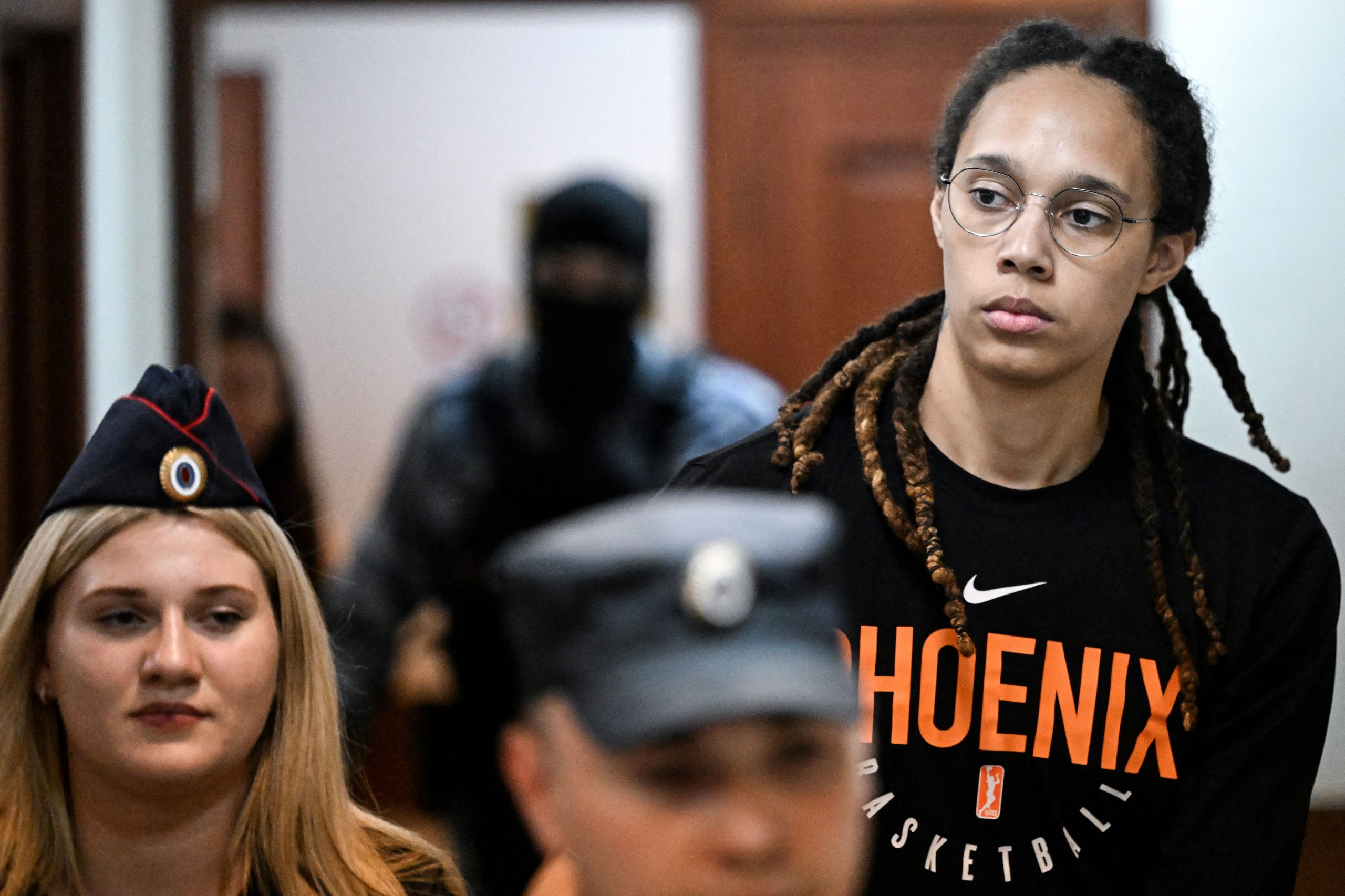For as long as 69-year-old Judy Webber can remember, she’s been sensitive to heat.
Now Webber is facing Portland’s hottest week of the year so far with no air conditioning and a broken heat pump at her mobile home in Southeast Portland’s Centennial neighborhood.
“We went to bed last night, and it was 90 degrees in there,” Webber said Tuesday.
Temperatures this week are expected to remain in the high 90s and low 100s until Sunday. That kind of continuous heat is dangerous for communities like Mobile Estates on Southeast Division Street, where many residents are dealing with severe health conditions.
Records released by the state last year showed that one in five of the nearly 100 heat-related deaths that occurred during Oregon’s 2021 heat dome were of people who lived in mobile home parks, an analysis by The Oregonian/OregonLive found.
This year, Multnomah County officials and others have sought to better prepare for extreme heat by reaching out to the most vulnerable communities, including elderly residents, people who live in multi-family buildings, manufactured homes or alone. The city of Portland is installing cooling systems in the homes of low-income residents, but the rollout has been slow.
Webber’s husband, Merlyn, has severe psoriasis, making it hard for him to use his hands and walk, he said. He was struggling to repair a broken fan.
He’s also the only one in the home who can drive, so the family, including their 46-year-old daughter, had no plans to make it to a cooling center, although TriMet is offering free fares to do so.
Multnomah County’s weatherization program installed the couple’s heat pump in 2012, he said, and it stopped working around 2016. He said he’s tried calling the county, but to get a new pump installed he would have to fill out an application that he said was too long and complicated.
County spokesperson Ryan Yambra said that anyone struggling with the application can call for help, and someone will walk them through the process. “We always want to make sure that the person is taken care of,” Yambra said.
To be eligible for weatherization assistance, a household’s income must be at or below 200% of Federal Poverty Level, according to the county’s website. For example, a household of three people, like the Webbers, would qualify if they made $3,838 a month or less before taxes.
For Nancy Crawford, another Mobile Estates resident, unreliable air conditioning allowed temperatures inside her home to soar to about 90 degrees at night this week. She said she slept poorly but that she was getting the unit fixed.
At 58, Crawford is one of the younger residents in the area. Several of her friends in their 70s and 80s, including Chris Long, Clara Smith and Mary Harris, used the community pool to keep comfortable.
But the memory of last year’s heat dome was still fresh for many. Richard Smith has lived in the community for about a year, and recalls last year’s heat wave vividly.
“It was miserable, just absolutely miserable,” he said.
Smith and his wife have since bought an AC unit for their bedroom, but the rest of the home can stay anywhere from 85 to 90 degrees in a heat wave. The couple planned to head to Ross Dress for Less to pick up some things and cool off. Smith loaned the Webbers some fans and offered cold water to others who needed it.
“We’re always trying to take care of the neighbors and check in on them, because a lot of them are vulnerable and at risk in this heat,” Smith said.
– Austin De Dios; adedios@oregonian.com; @austindedios; (503) 319-9744

















Discussion about this post